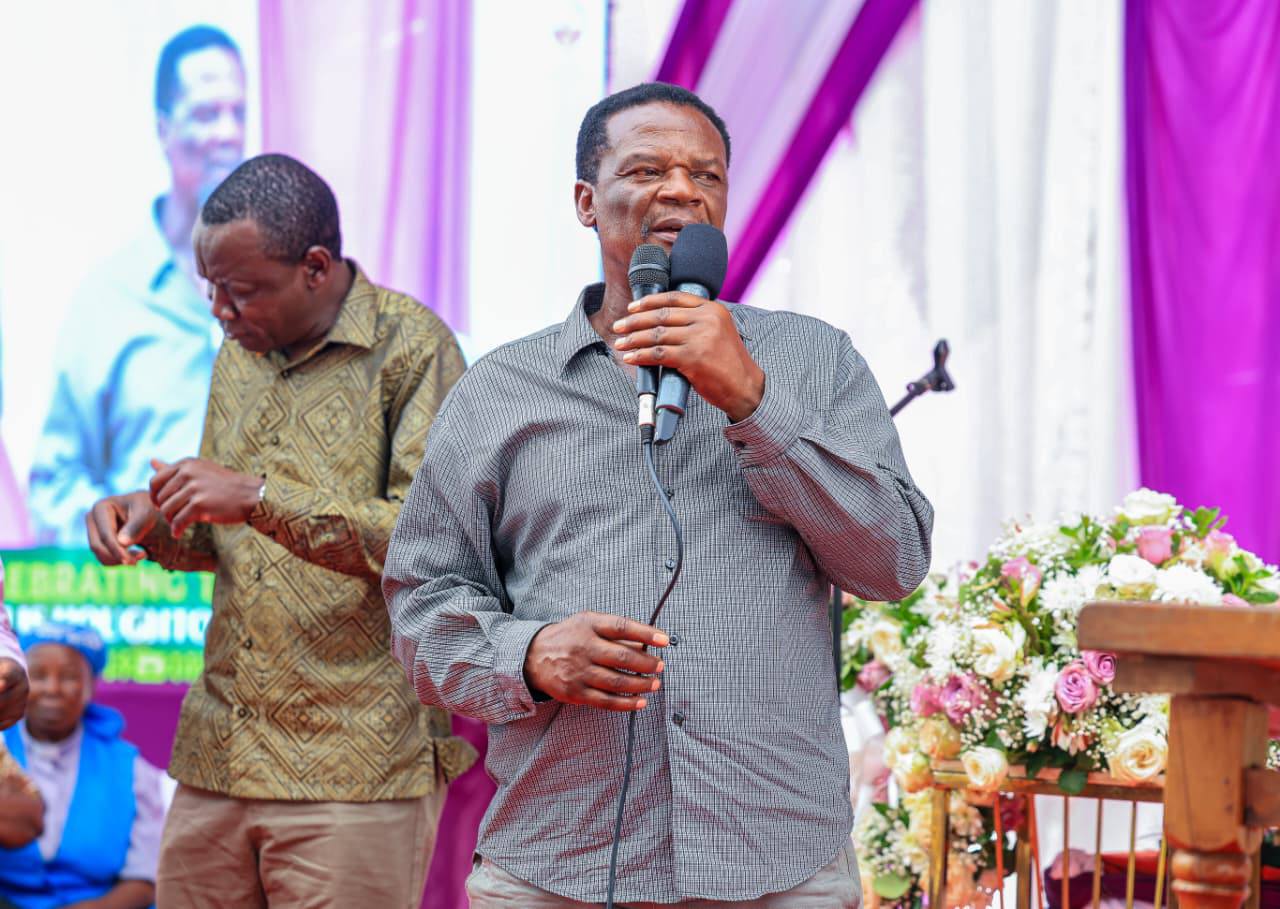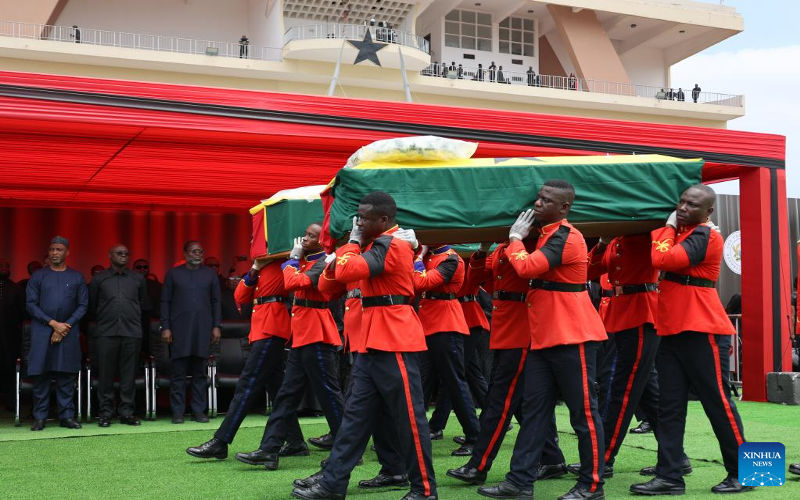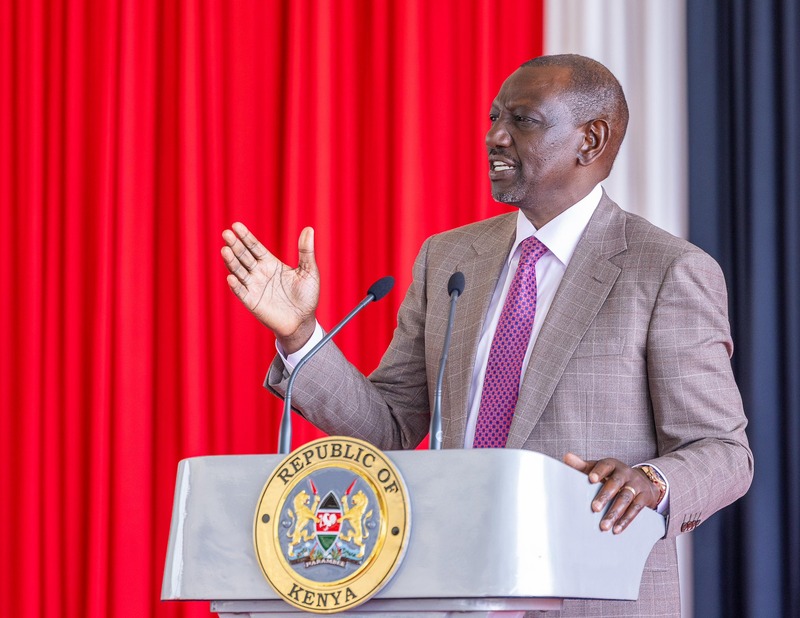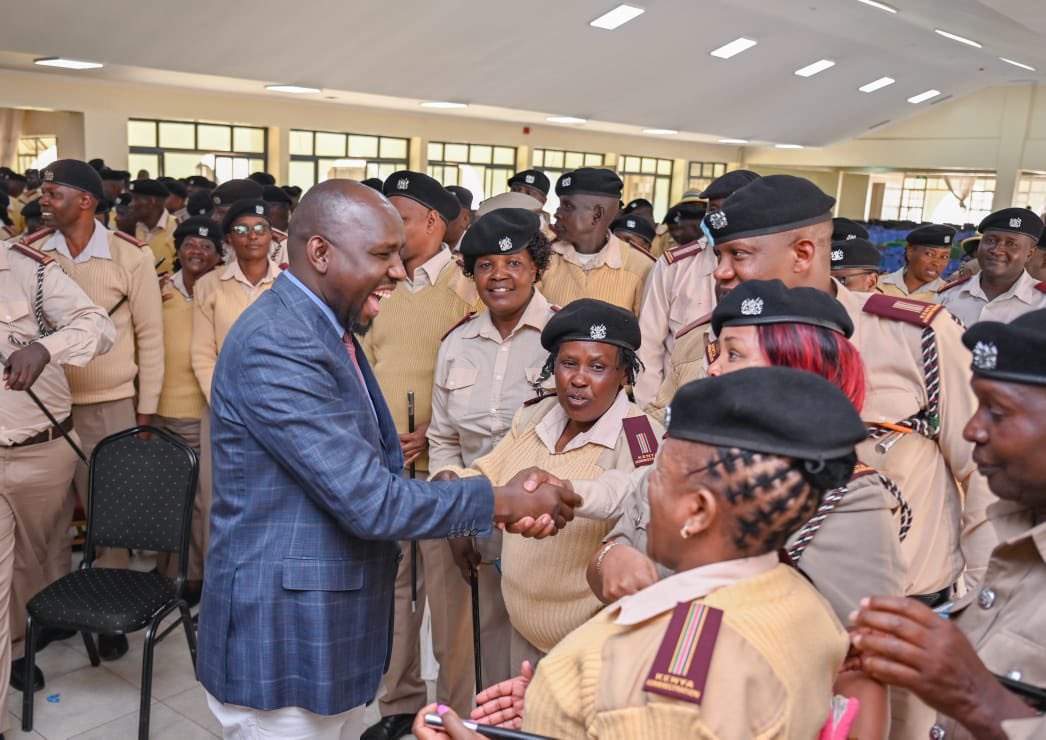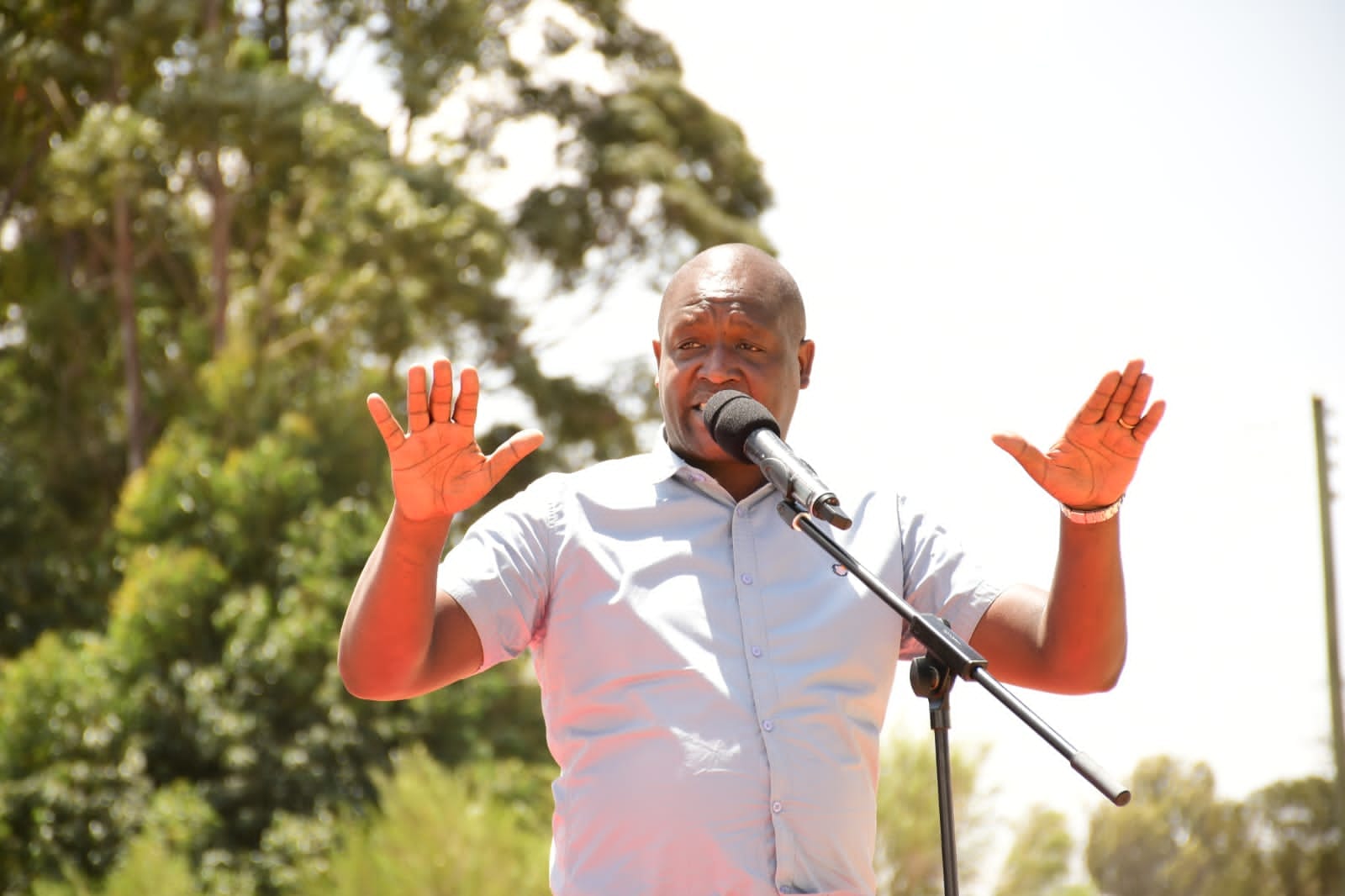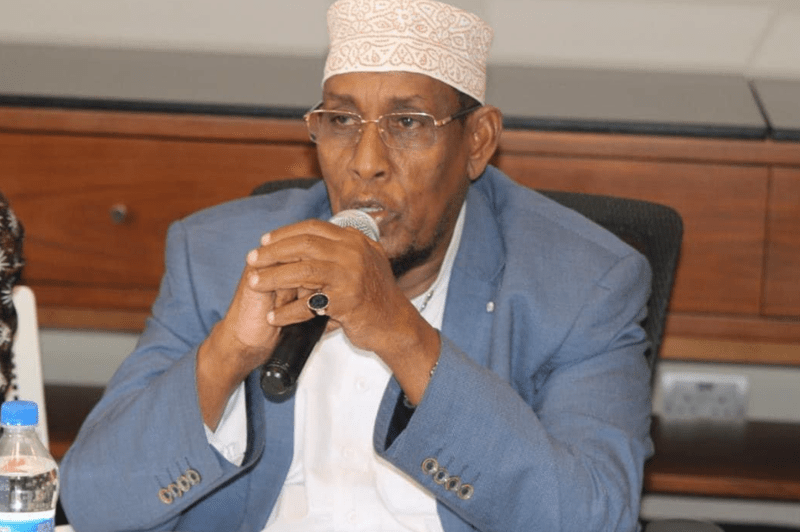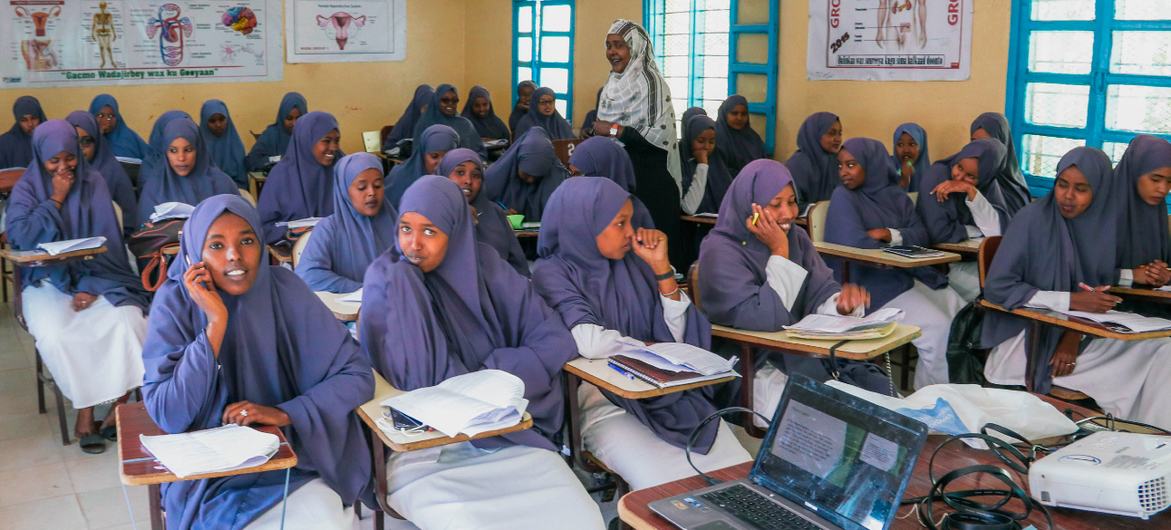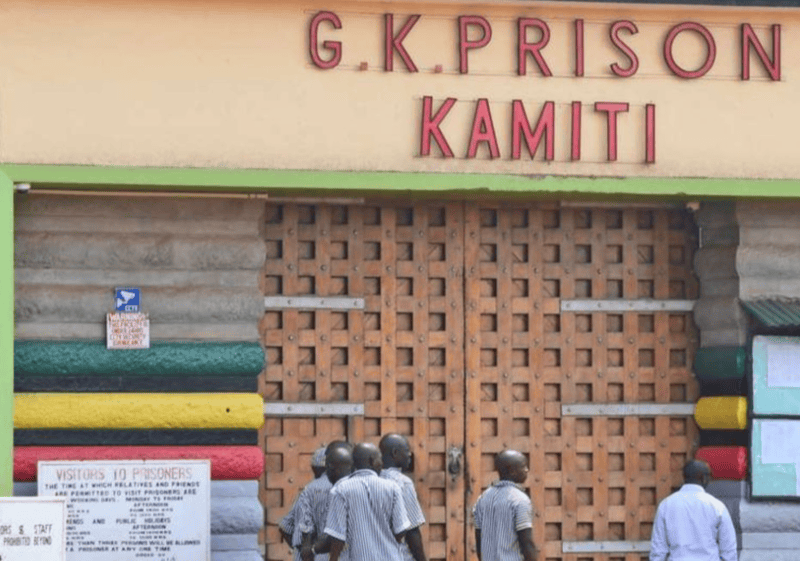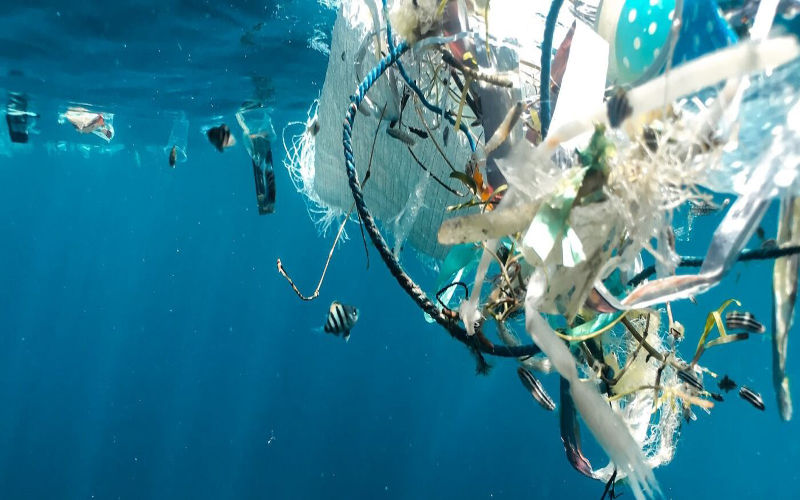Gitobu Imanyara: Why President Ruto does not believe in devolution
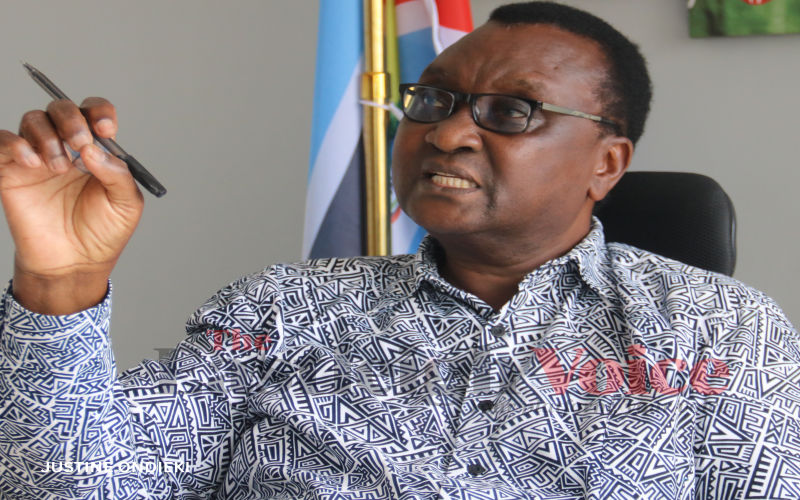
"What Ruto said at the devolution conference is far from reality and most of these governors representing the old order would probably be voted out," said Gitobu Imanyara.
After 12 years of devolution, opinions remain divided over its successes and failures.
However, governance and human rights advocates argue that Kenya could have made greater progress.
More To Read
- Treasury CS warns counties on growing Sh103 billion pension debt, calls for reforms
- Human rights lawyer Gitobu Imanyara seeks to privately prosecute Deputy Police IG Eliud Lagat
- Leaders at Devolution Conference raise alarm over suppression of dissent, rights violations
- Raila pushes for expanded devolution, says counties should run schools and local infrastructure
- Raila urges Parliament to grant automatic pensions for two-term governors
- EAC and SADC back Africa-led framework to end Eastern DRC conflict
The Eastleigh Voice political reporter, Barack Oduor, spoke to human rights lawyer and politician Gitobu Imanyara about why he believes President William Ruto’s administration is stifling devolved governance and the impact this is having on human rights in the country.
Q: Devolution has been in existence for the last 12 years. What is your assessment of it, and what could have been the significance of its introduction?
A: The most significant change introduced by the 2010 Constitution was devolution. This shift aimed to bring governance closer to the people, moving away from the colonial-era provincial administration system that was marked by control flowing from the governor’s office down to chiefs and assistant chiefs. Under the KANU regime, starting with Jomo Kenyatta, this system became a hallmark of imperial presidency.
The 2010 Constitution sought to dismantle this by establishing devolution. However, there has been consistent resistance from the executive branch to relinquishing power from the centre. Despite these challenges, devolution remains an entrenched constitutional principle, and efforts by the executive to undermine it have not succeeded.
What we saw in the Homa Bay Devolution Conference was a mere display of power by governors. Instead of embodying the people’s sovereignty, governors have acted like 47 mini-presidents, meaning devolution has yet to fully realise the Constitution’s vision.
The good thing is that devolution is constitutionally protected and attempts by the central government to underfund counties have been unsuccessful. The spirit of the 2010 Constitution will prevail, transforming governors into true servants of the people rather than autocratic leaders.
Q: Despite the 12 years of existence, devolution is still facing setbacks, such as delayed disbursement of funds and not all functions have been devolved as the law requires. Do you think President William Ruto's administration has the will to have devolution succeed?
A: I was a member of Parliament in 2010 when Kenyans overwhelmingly approved the new Constitution. I was present in Parliament on the day the enabling provisions were passed to bring the Constitution into force on August 27, 2010.
The main opposition to the Constitution came from the KANU faction in Parliament, led by Ruto and his predecessor, Uhuru Kenyatta. Ruto’s voice was primarily heard in Parliament.
I recall they attempted to push through more than 200 amendments aimed at weakening the Constitution. Their efforts failed because we consistently denied them the two-thirds majority needed to amend the Constitution. If you review the Hansard, you will find a frustrated Ruto shouting at us, particularly when we staged walkouts to prevent the quorum, waiting for the Speaker to order us back.
There was a constitutional mechanism for implementing devolution, through the Charles Nyachae Commission. However, it faced many obstacles and eventually failed.
Q: What do you think should be done 12 years later? Should there be a review or changes?
A: What we needed to have done and what needs to be done 15 years later about the entire Constitution is organising a conference such as that we had at Bomas during pre-2010 Constitution so as to look at what has succeeded, what has failed, and what needs to be done so that we can have wholesome attempt at restoring what has gone wrong.
We can do away with what has proved to be unworkable; by and large, the new Constitution, particularly devolution, has changed the face of Kenya. Some counties that had no single kilometre of tarmacked road now have tarmacked roads. It has been transformative in its effect, and that is why we need to strengthen the areas in which it hasn't worked.
Q: Even after devolution came, political leaders are still trooping to the State House and paying political homage in the name of seeking development for their regions. Why is this so? Has devolution failed to some extent?
A: It is unfortunate that in that regard, President William Ruto, who was very opposed to the new Constitution, is at State House, and old habits die hard.
Ruto has not internalised the vision of the 2010 Constitution as he continues to run the government as if there is none in place. But fortunately, the Judiciary has been substantially freed from the hands of the executive, especially from Ruto and his predecessor.
The courts have frustrated attempts to strangle the Constitution, and we see now the attempts to reduce the functionality of the Judiciary by denying them the necessary funding.
The idea that was there when the Constitution was written was that those areas that had been underdeveloped and facing historical injustice would be served under the Equalisation Fund. We have seen MPs fighting for this fund all the time, and I believe these are some of the methods the government is using to kill the spirit of the 2010 Constitution.
Q: Do you think the political leadership, those in government and even in opposition, are guided by the spirit of the Constitution and constitutionalism in their undertakings?
A: The spirit of greed and thirst for money is what controls most of our leaders. The very spirit and the very vision of the 2010 Constitution is contained in Article 1, which notes that all power belongs to the people.
Despite having politicians financially benefiting from the old order, it is important to note that Kenyans are the real movers of the law, and this will be realised in the 2027 General Elections when practically all of them will be thrown out because they don't represent the wishes and the vision of the people.
We do need leadership that understands the purpose of the 2010 Constitution, and Ruto's greatest failure has been his attempt in action and inaction to draw back the Constitution, and I think this is what has led to the 'Wantam' slogan. People simply want him to follow the Constitution.
Q: President William Ruto spoke candidly at the Homa Bay County Devolution Conference on his commitment to ensuring that devolution succeeds. Do you believe his commitment to devolved governance?
What Ruto said at the devolution conference is far from reality and most of these governors representing the old order would probably be voted out and in this regard my friend Raila Odinga would be disappointed to hear from me saying that he has been a stumbling block because he has teamed up with a person whose track record in anti-constitution to facilitate his continued stay in power under the pretext that he is holding the country together yet he is not.
Raila Odinga led demonstrations that had far more impact. Unfortunately, I also saw many Gen Zs shot dead. Ironically, someone who was the father of demonstrations and protests would be the very person frustrating the intentions of Gen Z in realising a new constitutional vision.
Q: Kenya is faring poorly in its state of human rights, at least according to local and global reports. How can Ruto's administration shed this negative image?
A: We have never gone off the track as such because abductions have been taking place since the days of Jomo Kenyatta. What has taken us backwards is the failure to implement the Constitution.
That is why disappearances, unlawful arrest, abductions, killings and massive violations of human rights have continued to take place in Kenya despite having such a transformative Constitution. We shouldn't be looking to foreigners to tell us we are misbehaving because we know we are misbehaving.
Q: Finally, President William Ruto unveiled a framework to have Kenyans killed in protests against the government compensated. Don't you think this is an excellent move?
A: President William Ruto has mastered the art of buying time and public relations stunts. The compensation for violations of human rights cannot be implemented by the same executive arm of government that is responsible for it. For instance, what is the formula that the Makau Mutua-led committee is going to use to assess the compensation?
We have rules in place that require that compensation for violations for human rights be done by the judiciary, and that is why we have an attorney general. It shouldn't be at the Office of the President because it is that office responsible for these killings.
It is like killing these young people and saying we're going to pay. There is no legal framework for the Makau Mutua committee, and I think for the person who is respected for his international human rights work and transnational justice like Makau Mutua, he should advise the president to invoke a judicial commission to determine not only the culprits but also the amount of compensation that the families of these victims should be awarded.
Top Stories Today
